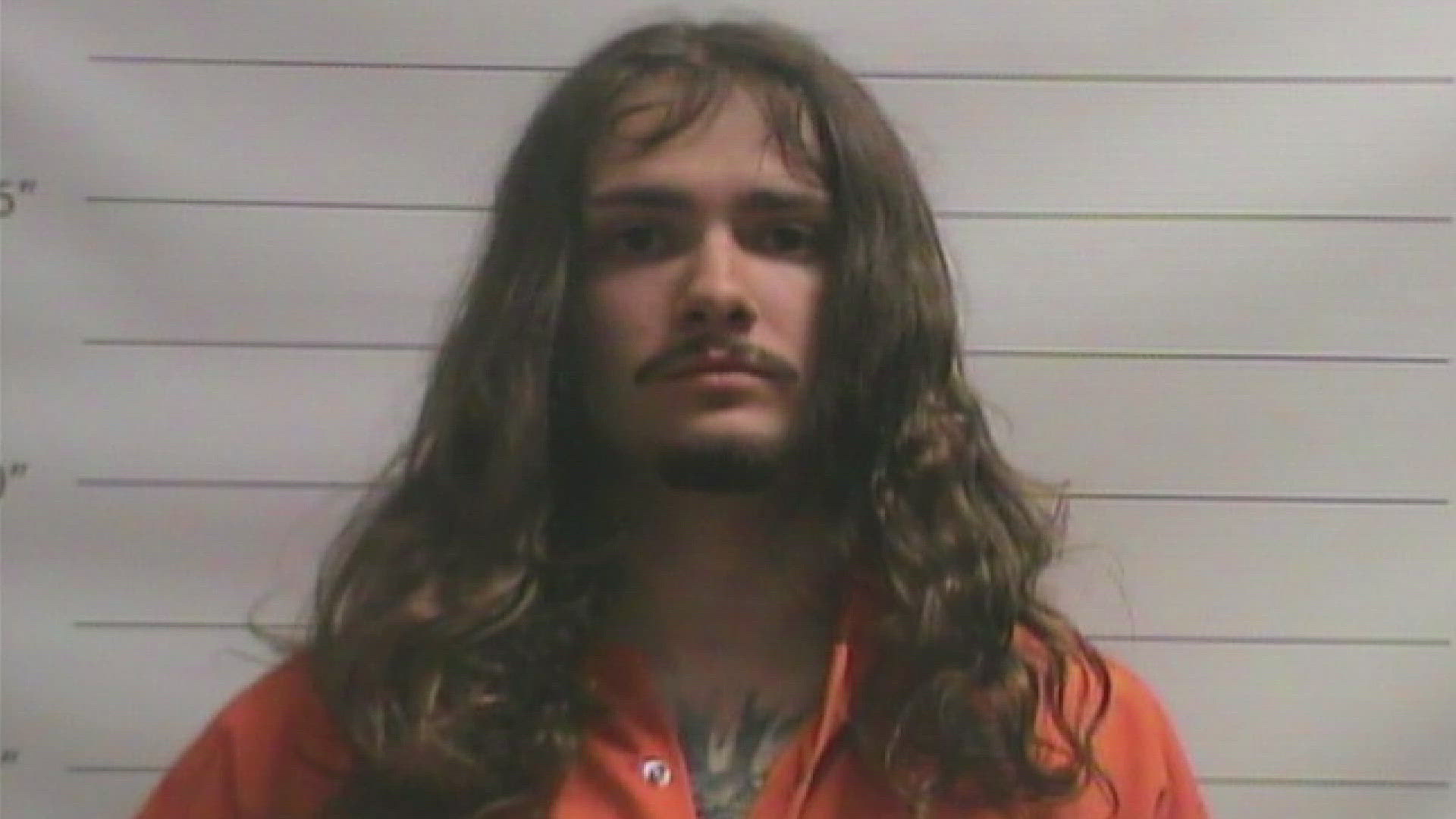Dominic Massa / EyewitnessNews
Billy Diamond, the musician, promoterand manager who helped launch Fats Domino's career by giving him one of his first gigs and, more importantly,his famous nickname, died Thursday.He was 95.
Diamond's daughter Tracie said her father died in Los Angeles.
Diamond, a bass player, first met Antoine Domino in 1947, seeing him perform at a backyard party in New Orleans.According to Fats Domino biographer Rick Coleman, Diamond was impressed enough with the young piano player to ask him to join his band, The Solid Senders.
Coleman's 2006 book, 'Blue Monday: Fats Domino and the Lost Dawn of Rock 'n' Roll,' recounts the gig where Diamond introduced Domino by the nickname now known worldwide.
'That's my boy, 'Fats' Domino,' Diamond reportedly told the audience.'I call him 'Fats,' 'cause if he keeps eating, he's going to be just as big!'
'He got mad when I called him 'Fats Domino,'' Diamond later recalled to Coleman.'But he never gave the name up.I saw the dream because of Fats Waller.Don't be 'Antoine,' be 'Fats,' because 'Fats' is an outstanding name, you know what I mean?Like 'Minnesota Fats,' 'Fats Domino was a classic.'
Domino, who was 19 at the time, said later that the name stuck.
'I used to be kind of small,'he told author Jeff Hannusch, 'but I started picking up weight and Billy started calling me 'Fats.' Then everybody started calling me 'Fats Domino.''
In his 2001book 'The Soul of NewOrleans:ALegacy of Rhythm and Blues,'Hannusch writes that Diamond also encouraged Domino's singing ability.
As Domino's fame spread, Diamond would not only perform with Domino but also became his road manager.His business sense, along with a healthy reputation as a promoter and hustler, helped land gigs for the band.
Coleman's book quoted Domino's legendary songwriting partner and producer Dave Bartholomew as saying Billy Diamond was 'the best road manager Fats ever had.'
Appearing last year at a panel discussion organized by the Rock and Roll Hall of Fame in Cleveland to honor Domino and Bartholomew, Diamond shared stories from his long association with the two.
'One of my jobs as road manager was to get us a place to stay.It was very hard back then to get a hotel,' Diamond said, alluding to the impact of segregation on the all-black band.'If we played Virginia, we had to go all the way to Washington, D.C. to get a room.'
Diamond also downplayed his own musical talents.
'Dave (Bartholomew) knew more about the music than I did.I can play bass, but I like to take care of the money, that's easier.I like to handle the money,' he said at the panel discussion at Case Western Reserve University.
Hannusch explained that the job of road manager included driving, making sure the band's vehicles were working properly, making sure their outfits were laundered, as well as hiring and firing musicians.
Diamond's own musical career might have taken a different turn had he followed the advice of Louis Armstrong, who gave the young Diamond a trumpet when he was a teenager. According to Diamond's web site, he never learned to play it, though, opting instead to build a washtub bass and become a Dixieland bass player, under the tutelage of Oscar 'Papa' Celestin.
In the 1950s and 1960s, in addition to promoting Domino, Diamond also promoted R&B talents suchas Shirley and Lee, Huey 'Piano' Smith and James Booker.
In the early 1960s, according to Hannusch, Diamond and his wife relocated to Los Angeles, where he hired bands for and managed the 5-4 Ballroom.
Diamond is survived by his wife, Josephine Shirley Diamond; two daughters, Tricia Diamond and Tracie Diamond; and two grandsons, Jameson Pierce Diamond and Steven Diamond.
Funeral services will be held in New Orleans but arrangements are still being finalized.

